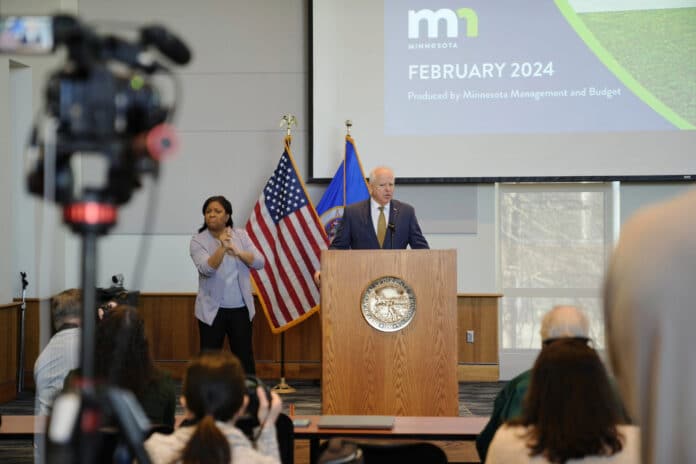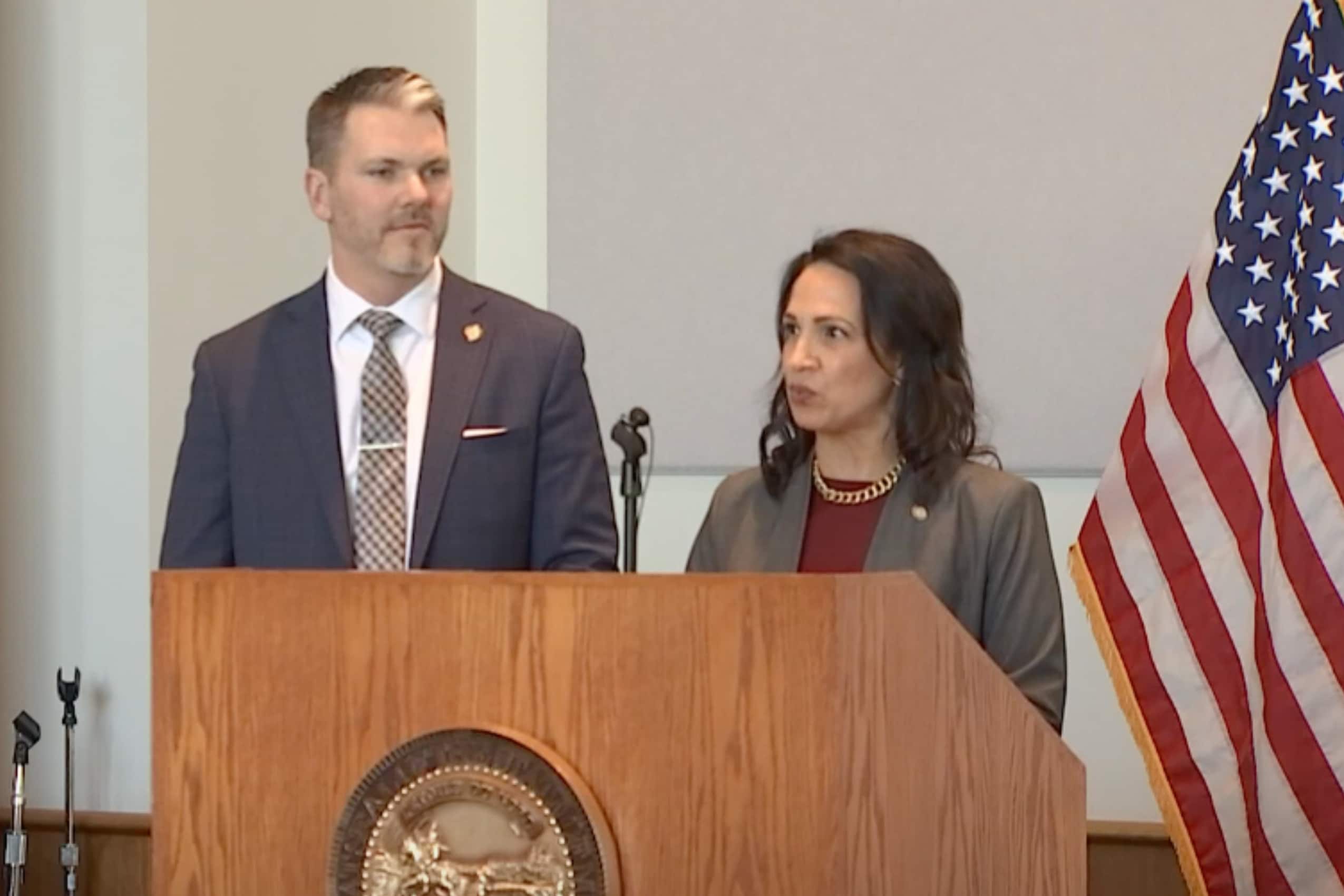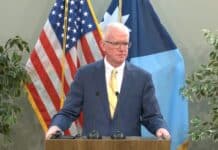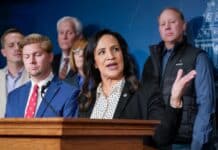
The state’s projected budget surplus for the next two years has grown by about $1.3 billion, to $3.7 billion, compared to what state officials indicated last November.
That’s according to a new report released Thursday by the Minnesota Office of Management (MMB) and Budget.
MMB is required by law to release budget forecasts in November and February to help state agencies and lawmakers home in on revenues and expenditures as they prepare for the legislative session.
Higher than expected corporate profits in 2023 “are driving projected revenues up from the November forecast,” MMB Commissioner Erin Campbell said Thursday, explaining the slight increase to the projected surplus for the 2024-2025 biennium.
Those adjustments also mean that a previously projected deficit — which Campbell described as a “structural imbalance” — in the following biennium (fiscal years 2026 and 2027) has shrunk to about $1.5 billion, instead of the $2.3 billion deficit MMB reported three months ago.
That’s measured up against a two-year budget of $72 billion the legislature approved last year under a DFL “trifecta.”
While Gov. Tim Walz and DFL legislative leaders, who spoke to media after the Thursday MMB presentation, painted a rosy picture for how they believe their “transformational” legislative session played into the slightly improved budget forecast, Republicans did not mute their criticism.
House Minority Leader Lisa Demuth and Senate Minority Leader Mark Johnson said a looming deficit is the result of a nearly 40 percent increase in the state budget that Walz signed into law last May.
“Today’s forecast shows we are still on the verge of a deficit,” said Demuth, a three-term Republican from Cold Spring. “The state is still spending $1.5 billion more than it is taking in.”
“So despite a continually growing economy, there still isn’t enough tax revenue to meet the DFL’s spending demands,” Demuth continued. “This goes to show that we have a spending problem in Minnesota, not a revenue problem.”

Walz, who spoke before Demuth and Johnson addressed the media, took preventative measures to parry criticism from his Republican counterparts. He said the economy is “humming along” thanks to critical investments the DFL-led legislature made in 2023.
“Where we are getting to the point now is we have got to have some folks quit rooting against Minnesota,” Walz said. “This is positive (news). This is good. There has never been these forecasts where the long term things don’t fluctuate a bit. But this has improved dramatically.”
“When you heard on the other side, ‘This will continue to deteriorate and we can’t afford to do these programs,’” Walz said, imitating Republican criticisms. “We can’t afford not to attract talent, invest in research, to invest in a clean energy economy and rebuild infrastructure.”
“So my message to them is, look, we had an incredibly successful and transformational legislative session — the impact we are going to feel both economically, culturally, socially and for individuals is going to be decades long.”
Impact on bonding bill, pet projects and possible tax cuts?
How the updated budget forecast will impact the governor’s $982 million infrastructure spending proposal he released in January, along with other DFL pet projects this session, like a childcare subsidy program, is expected to play out in the coming days.
While legislators had been waiting for the February budget forecast to be released before they officially started work on their bonding bill, DFL leaders revealed the improved budget forecast may have them considering including more cash along with bonding to support infrastructure improvements around the state.
“We were not talking about a cash component (to a bonding bill) in the House,” prior to the February budget forecast, Speaker of the House Melissa Hortman said. “I told our bonding chair, ‘Don’t count on any cash.’ He would like some cash now.”
Demuth told reporters Thursday she wouldn’t guarantee House Republicans would support a bonding bill this session, after the legislature passed a $2.6 billion bonding package on a bipartisan basis last May. Bonding legislation requires 60 percent approval in the House and Senate in order to get to the governor’s desk to be signed into law. Walz knows he needs Republican votes.
“Even though we are not guaranteeing there will be a bonding bill, we want to be part of crafting that language in the bill,” Demuth said. “No wasteful spending in there, staying within our means — roads, bridges, wastewater, those important infrastructure items with a statewide impact, rather than just locally focused.”
Demuth alluded to wanting to see the $3.7 billion surplus go to tax cuts for Minnesotans this session, something the DFL passed last year, but on a very limited, means-tested basis.
Gov. Walz said his gubernatorial staff and agency heads will look at potential areas of need to dedicate at least a portion of that budget surplus this session.
“I don’t want to dismiss that there is more we can do, but I think it’s important that we have a systematic long-range approach to this,” he said.
But Senate Minority Leader Johnson was skeptical Walz and Democrats will exercise that prudence.
“They spent $17.5 billion of our surplus,” Johnson said. “They raised taxes by $10 billion. So the rhetoric does not always match the actions. So we’ve got to be holding them accountable; that’s our job.”
Hank Long
Hank Long is a journalism and communications professional whose writing career includes coverage of the Minnesota legislature, city and county governments and the commercial real estate industry. Hank received his undergraduate degree at the University of Minnesota, where he studied journalism, and his law degree at the University of St. Thomas. The Minnesota native lives in the Twin Cities with his wife and four children. His dream is to be around when the Vikings win the Super Bowl.










